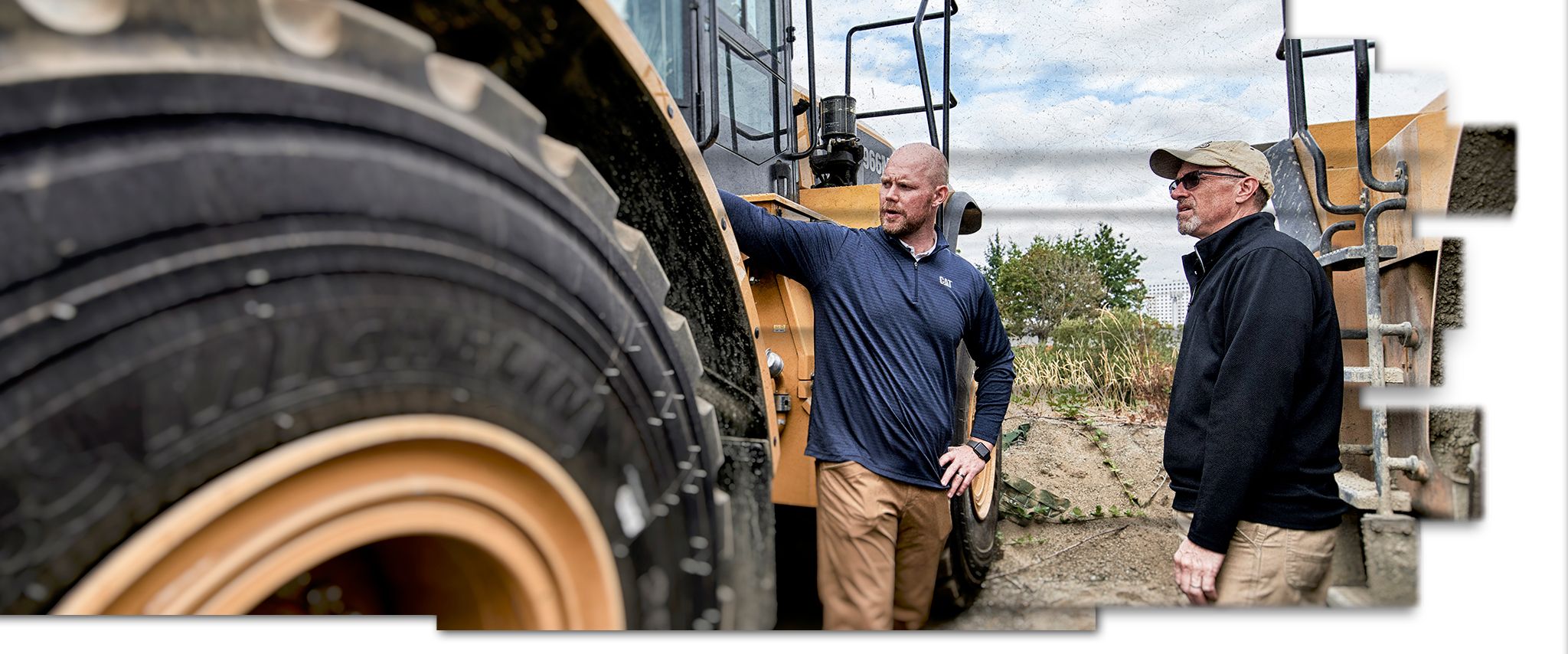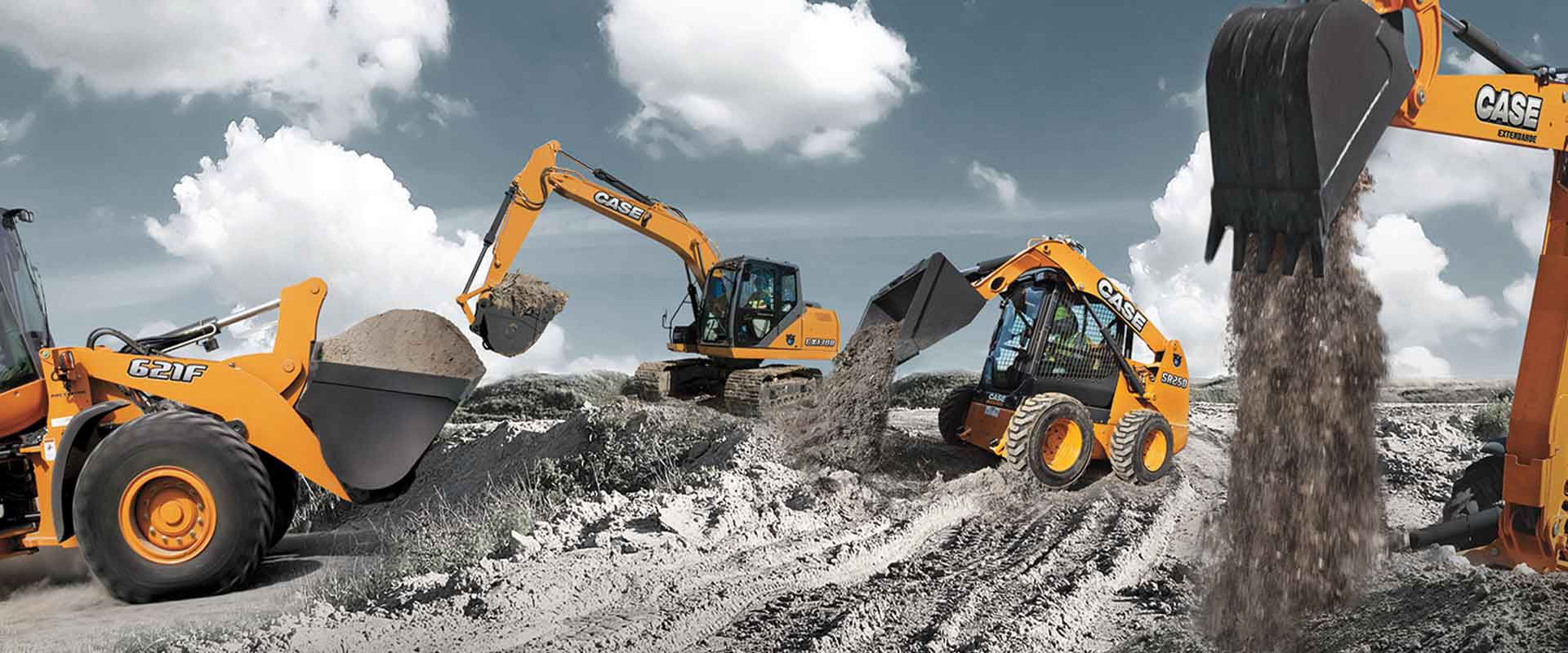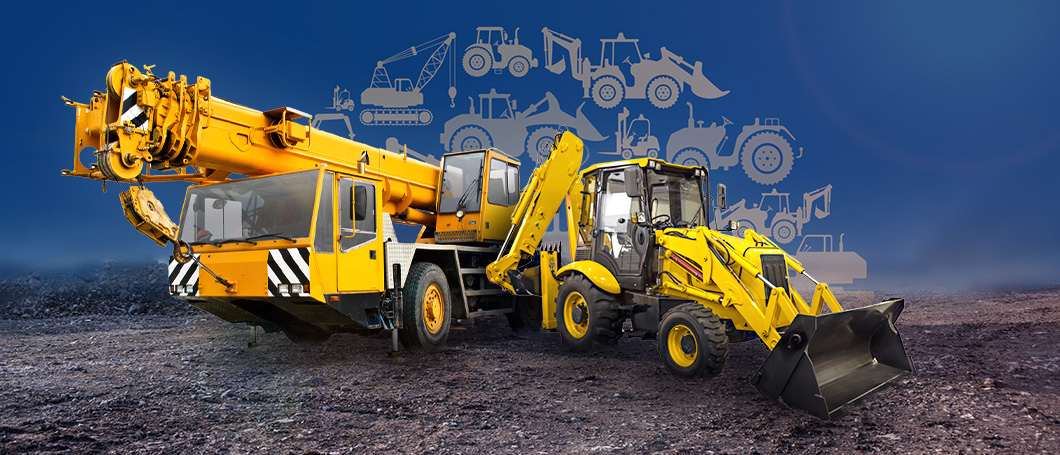Understanding the Market: Used Heavy Equipment Buying Guide
Get to know the market better with our buying guide for used heavy machinery. Make an informed choice!

Used heavy equipment holds the power to reshape businesses, providing professionals with affordable access to high-performance machinery. This guide is elaborately crafted to help you gain insights into the used heavy machinery market and make informed choices.
Steering Through the Used Heavy Equipment Market
With the right knowledge, navigating the used heavy equipment market can be a less daunting task. Let's dive deeper into understanding this market.
Table of Contents
- Knowing Your Needs
- Researching The Market
- Evaluating the Equipment
- Calculating the Costs
- Considering the Seller's Reputation
- Understanding Legalities
- Future of the Used Heavy Equipment Market
Knowing Your Needs

Before delving into the used equipment market, it's crucial to identify your specific needs. This analysis should begin with a comprehensive understanding of the type of tasks your equipment is expected to perform. Are you in need of earthmoving machinery like an excavator, or a material handling unit such as a forklift? Knowing the specifics can guide your buying decision.
Equipment Type
Equipments vary widely in their capabilities. Some are designed for heavy-duty tasks while others cater to light-duty assignments. The equipment type directly influences its cost, lifespan, maintenance requirements, and operational complexity. Therefore, make sure to match your choice with your business needs.
Researching The Market
Once you have a clear idea about your needs, the next step is to understand the used heavy equipment market. This involves studying the average selling prices, popular machine brands, potential models, and their features. Remember, thorough research can lead you to the best bargains available.
Evaluating Trends
Staying up-to-date with market trends is a pro-tip for buyers. For instance, understanding when the demand goes high or low might help you find a sweet spot for purchase. Also, keep abreast with any technological changes that could affect the value and utility of the equipment.
Evaluating the Equipment

Evaluating a piece of used heavy equipment requires a keen eye. Here are some crucial factors you should examine:
- Mileage: Like cars, the mileage of heavy equipment hints to its usage. Lower mileage often suggests less wear and tear.
- Age: The age of the equipment is a good determinant of its overall condition. Newer models might also have additional features or better fuel economy.
- Condition: Do a physical inspection and check for any damages, particularly to vital components. This will save you from unplanned repairs or replacements later.
- Upgrades: Upgraded machinery may perform better and demand a higher selling price.
Calculating the Costs
"True cost" of an equipment goes beyond its purchase price. It includes other expenses such as inspection costs, shipping fees, taxes, maintenance, and potential repair costs. Having an estimation of these costs upfront will save you from budgetary surprises.
Contrary to our instinct to focus on the low-priced options, looking at machinery that's a little more expensive but is in great condition might save you more in the long run. This is where understanding the market extensively pays off!
Considering the Seller's Reputation

Who you're buying from matters as much as what you're buying. Purchasing from trusted dealers or reputable online platforms provides additional assurance on the state of the equipment. Moreover, professional sellers often offer extra services, like equipment history reports, post-purchase support, replacement parts, and sometimes, even warranties.
Reviews and References
Consider going through customer reviews or ask for references before purchasing. Happy and satisfied customers are usually a sign of a reliable dealer. Be cautious of sellers who avoid sharing this information. After all, transparency is elemental in every successful transaction.
Understanding Legalities
Every heavy equipment purchase involves legal aspects, including title transfers and machinery registration. Also, certain kinds of heavy equipment, like cranes or forklifts, may require special permits to operate. Knowledge about these legalities will help streamline your purchase process.
Navigating Through Paperwork
Don't shy away from asking questions about the paperwork. Ensure you receive all necessary documents associated with the equipment, such as the bill of sale, proof of ownership, maintenance records, and manuals. This also includes verifying that the machinery isn't stolen, and all liens are cleared. Remember, navigating through the paperwork properly can save potential legal headaches down the road.
Future of the Used Heavy Equipment Market

Trends suggest a robust future for the used heavy equipment market. Factors contributing to this growth include increasing demand due to infrastructural developments, technological advancements enhancing the longevity of machinery, and more businesses opting for cost-effective options. By 2026, it's estimated that the global market will cross a whopping $174 billion, according to a Report by Research and Markets.
In conclusion, buying used heavy machinery is a decision that demands time, effort, and extensive knowledge about the sector. Equip yourself with relevant information about your needs, current market trends, equipment evaluation, total costs, the seller's reputation, legal formalities, and market outlook. Using this guide as a road map, you're all set to make a savvy and informed choice in the used heavy equipment market. And remember, the goal is always to ensure that your purchase enhances your business' productivity and bottom line.
Happy equipment hunting!
What's Your Reaction?









































































